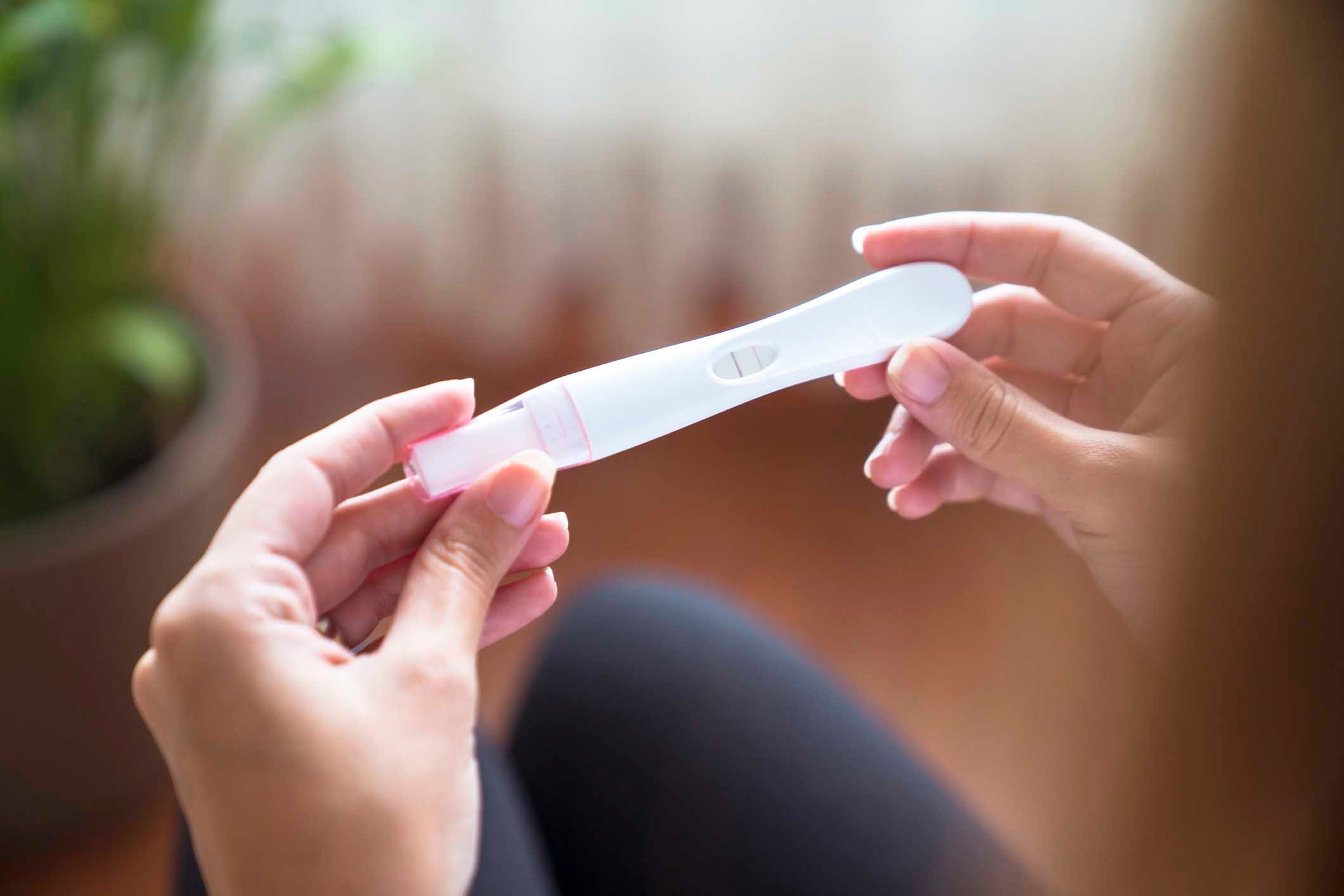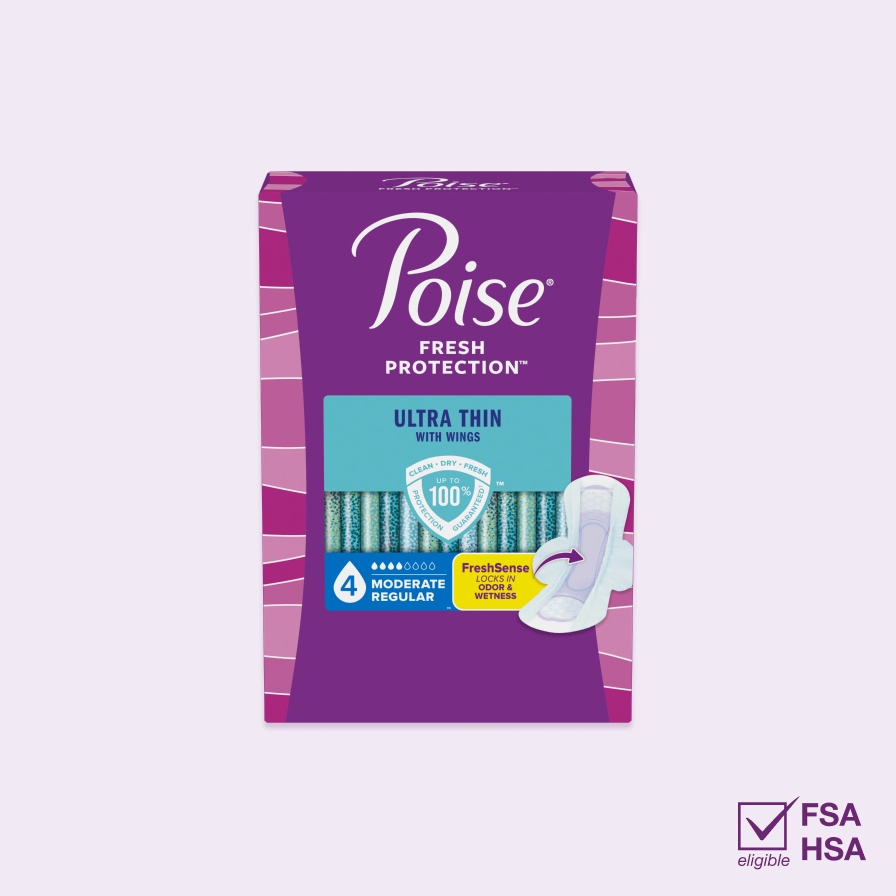Can I Get Pregnant During Menopause? How to Prevent an Oops Baby During this Transition
Can I Get Pregnant During Menopause? How to Prevent an Oops Baby During this Transition
fA number of women look forward to menopause with glee, as they no longer have to worry about birth control. But knowing exactly when it is safe to stop birth control can be tricky business. As long as you are still ovulating from time to time there is the potential for pregnancy. And as long as you are on hormonal birth control , like the pill, menopausal symptoms may be masked to where you cannot tell that you are going through the transition. If you are not using any hormonal birth control (including the progesterone IUD) and have not had a period for a full year, it is probably safe to assume you can't get pregnant. But what to do in the interim?
Many women mistakenly believe there is a simple "menopause test" that we can do to tell if menopause is happening, but this isn't really true. The FSH (follicular stimulating hormone) blood level can give us some useful information ? if it is elevated (above 24) your ovarian function has declined to a degree whereby it is highly unlikely that you can get pregnant. But while you are on hormonal birth control , this test is essentially unreadable as the hormones in the birth control will artificially depress the number. So in order to get a good reading, you need to be off any hormonal birth control for preferably 4-6 weeks to allow your naturally occurring hormones to stabilize. Therefore, you need to abstain or use barrier methods such as condoms during the interval while awaiting that testing.
As we get older, the risks associated with hormonal birth control, especially the estrogen component, increase. So we try to minimize estrogen exposure in your birth control. Many will want to continue on a birth control pill during the menopause, as this gives excellent birth control protection, as well as menstrual regulation, which can be a big problem during perimenopause. Additionally, the estrogen in combination birth control pills masks those pesky symptoms such as hot flashes and night sweats. If you are still on a combination pill (contains both estrogen and progesterone) after 35 years of age, it may be beneficial to switch to a pill with a lower-dose estrogen to reduce blood clot risk. Your health care provider should be able to tell you if there are lower-dose pills available.
Another popular birth control during perimenopause is the IUD which gives outstanding protection against pregnancy with much lower hormone exposure. Paraguard copper IUD has no hormones and lasts up to 10 years, which makes it a great and attractive option. But know that it can make your cycles heavier and crampier. Given that many women will find their cycles get difficult during perimenopause, this can prove to be a real problem for some. Alternatively, the Mirena IUD has progesterone attached to it which makes your cycles very short and light - many will eventually stop bleeding altogether ? and can last up to 5 years. This can be an elegant option for women in their mid to late 40s whose periods have become problematic and who need just a few more years of birth control. Ultimately, a lot of women want to avoid hormones altogether and may be happy using barrier methods such as condoms during the interim, until the transition to menopause is complete. But using nothing is not a good plan as accidents can happen!
Recommended Products
Absorbency Level
Absorbency Level















